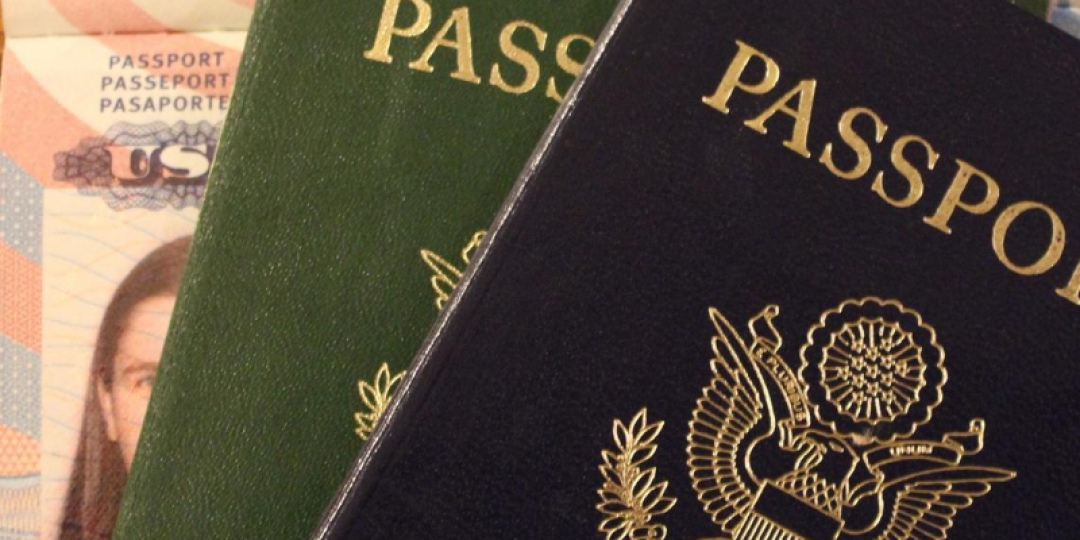‘Digital nomads’, or remote workers who live nomadically working from anywhere in the world with an Internet connection, may be the first travellers in a post-COVID world, according to Co-Founder of Atlantic Point Backpackers youth hostel and Vice Chair of the SATSA Youth Chapter, Tim Louw.
“With more companies exploring the possibility of a remote workforce, having remote experience will give them the edge in future job interviews,” said Louw, adding that this particular market was used to adapting to change and, therefore, more likely to embrace post-COVID travel.
He said South Africa’s coastline attracted these digital nomads. “People want to come here to work. The ‘sun-seekers’ or ‘wave-riders’ are drawn here but there are no visa options for them.”
Restructuring of long-term visas could possibly attract these remote workers and boost the tourism industry post-COVID. A 90-day visa is the most that travellers can currently get for South Africa, which Louw said was not long enough for remote workers who tended not to plan the length of their stay in a country.
Louw is in the process of putting together a proposal for government on the topic, and he wants to highlight the benefit this could have for tourism in South Africa. “These travellers are employed overseas and not looking to earn anything in South Africa, but they will spend money here.” He said remote workers were likely to support restaurants, longer term rental accommodations and attractions as they travelled throughout the country.
The Department of Tourism referred Tourism Update to the Department of Home Affairs for comment on whether or not visa re-structuring was a priority, but it had not reverted at time of publishing.
The last development from the Department of Home Affairs in structuring of visas was late last year when eVisas were piloted with Kenyan citizens. The department had hoped the trial would end by March 2020 with eVisas offered to citizens of China, India and Nigeria.
























